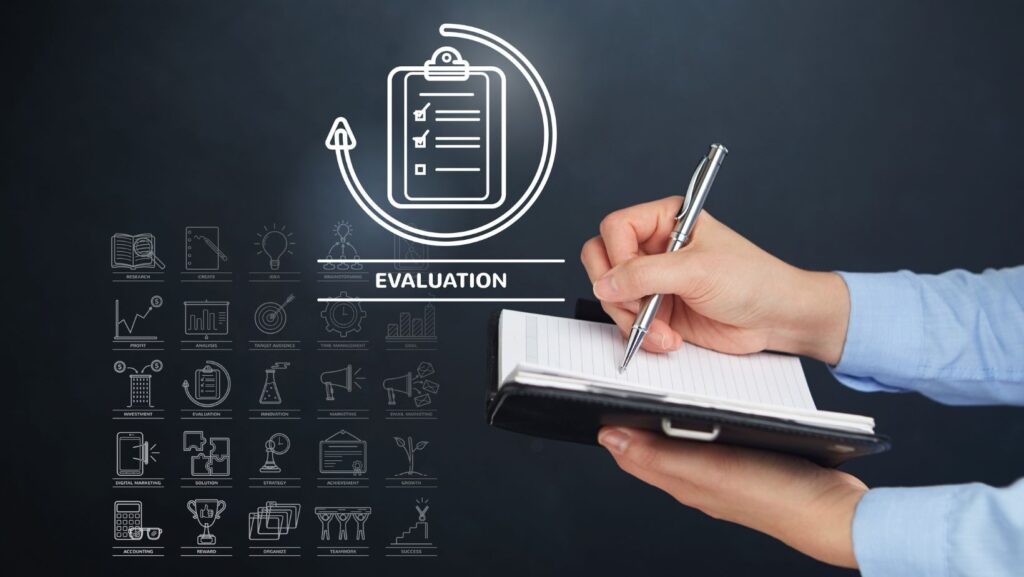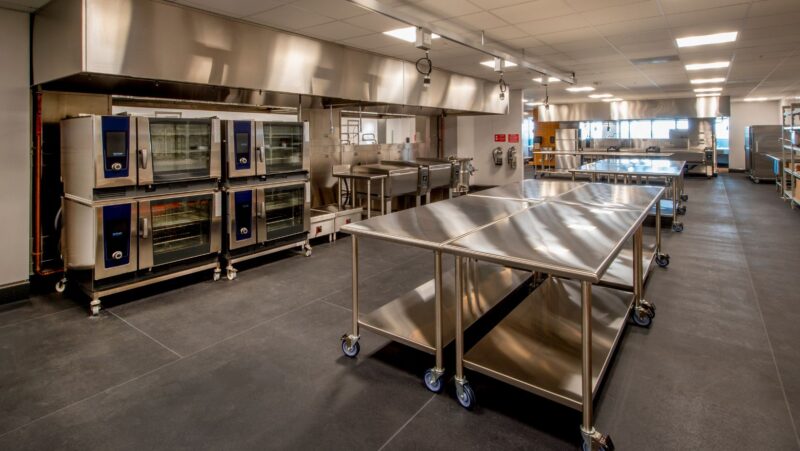
Talent assessment tools and skill assessment tools are related but not exactly the same. Both are used in the recruitment process to evaluate candidates, but they focus on different aspects of a candidate’s potential and abilities.
Talent Assessment Tools:
Talent assessment tools are broader and encompass a wide range of attributes and qualities that contribute to a candidate’s overall potential for success within an organization. These tools evaluate not just skills but also cognitive abilities, personality traits, emotional intelligence, cultural fit, and other factors that can predict job performance and compatibility with the company’s environment. Examples include:
- Psychometric Tests: Measure cognitive abilities, personality traits, and emotional intelligence.
- Situational Judgment Tests (SJTs): Assess decision-making and problem-solving skills in hypothetical scenarios.
- Cognitive Ability Tests: Evaluate general mental capabilities, such as logical reasoning, numerical ability, and verbal comprehension.
- Personality Assessments: Determine personality traits and how they align with the company culture and job requirements.
- Behavioral Assessments: Examine past behavior as a predictor of future performance.
Skill Assessment Tools:
Skill assessment tools are more focused and specifically designed to measure a candidate’s proficiency in particular job-related skills. These assessments are practical and task-oriented, providing a direct evaluation of whether the candidate can perform the necessary tasks for the role. Examples include:
- Coding Tests: Assess programming skills and problem-solving abilities for software development roles.
- Writing Assessments: Evaluate writing skills, including grammar, style, and content creation.
- Technical Skill Tests: Measure proficiency in technical areas, such as IT, engineering, and software applications.
- Language Proficiency Tests: Determine the candidate’s fluency and command of a specific language.
- Sales and Customer Service Assessments: Assess skills related to sales techniques, customer interaction, and service quality.
Key Differences:
- Scope: Talent assessment tools have a broader scope, evaluating a wide range of attributes beyond specific job skills, including cognitive abilities, personality, and cultural fit. Skill assessment tools focus narrowly on job-related skills.
- Purpose: Talent assessments aim to predict overall job performance and long-term potential within the organization. Skill assessments aim to determine immediate job readiness and specific competencies.
- Methods: Talent assessments often use psychometric tests, SJTs, and personality assessments. Skill assessments use practical tests, simulations, and task-based evaluations.
In summary, while both talent assessment tools and skill assessment tools are essential for comprehensive candidate evaluation, they serve different purposes and provide different insights. Integrating both types of assessments can help organizations make more informed hiring decisions, ensuring they select candidates who not only have the necessary skills but also the potential to thrive in their roles and within the company culture.












